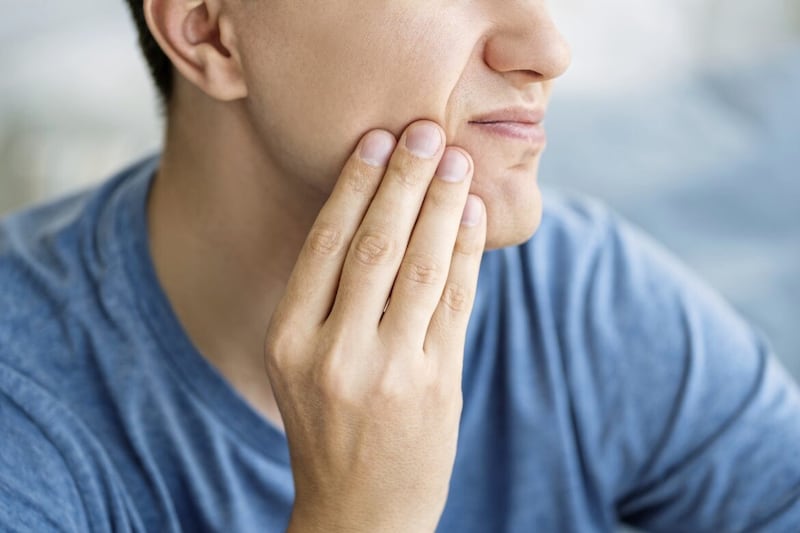JUST like the human species has evolved over the past six million years, so have the bacteria in our body, adapting to vastly different conditions on our skin and in our mouths, noses, genitalia and guts.
Only recently have scientists begun to appreciate just how much our health depends on the trillions of bacteria that call our bodies home. We now know that these bacteria help digest the food we eat, boost our brain function, and regulate our immune systems.
It has been said that the mouth is the gateway for bacterial entry into the body. The microorganism colonies found in our mouths are collectively referred to as the oral microbiome. The oral microbiome contains around 700 different strains of bacteria.
Most of these bacterial species appear to be harmless when it comes to our health. Others, known as probiotics, are beneficial bacteria that aid in the digestion of foods. There are some bacteria that actually protect our teeth and gums. But occasionally, microbial communities go rogue. To date, oral bacteria have been implicated in cardiovascular disease, pancreatic cancer, colorectal cancer, rheumatoid arthritis, and preterm birth, among other things.
A recent study by a team of Duke University scientists has tracked how the microbial evolution unfolded. The scientists identified microbes that diverged into new species as they colonised one area of the body after another.
The research, published in the open-access journal eLife, could prompt new theories and treatments for managing these bacterial communities, to improve our general health.
"Over the last decade, there has been significant interest in developing probiotics and transplants of beneficial bacteria to treat a wide variety of health issues," said Lawrence A David PhD, senior author and assistant professor of molecular genetics and microbiology at Duke University.
“Our analysis gives us a window into how different bacteria adapt and evolve so that we can more effectively predict which implanted species will survive to make an impact on disease.”
Such findings could help researchers determine how different genes allow bacteria to adapt to one place or another with the potential to influence the development of new therapies. So even though scientists don't have the full picture yet, it is hoped that one day they will be able to disrupt the oral microbiome in targeted ways to prevent harmful growth that cause disease in our bodies.








